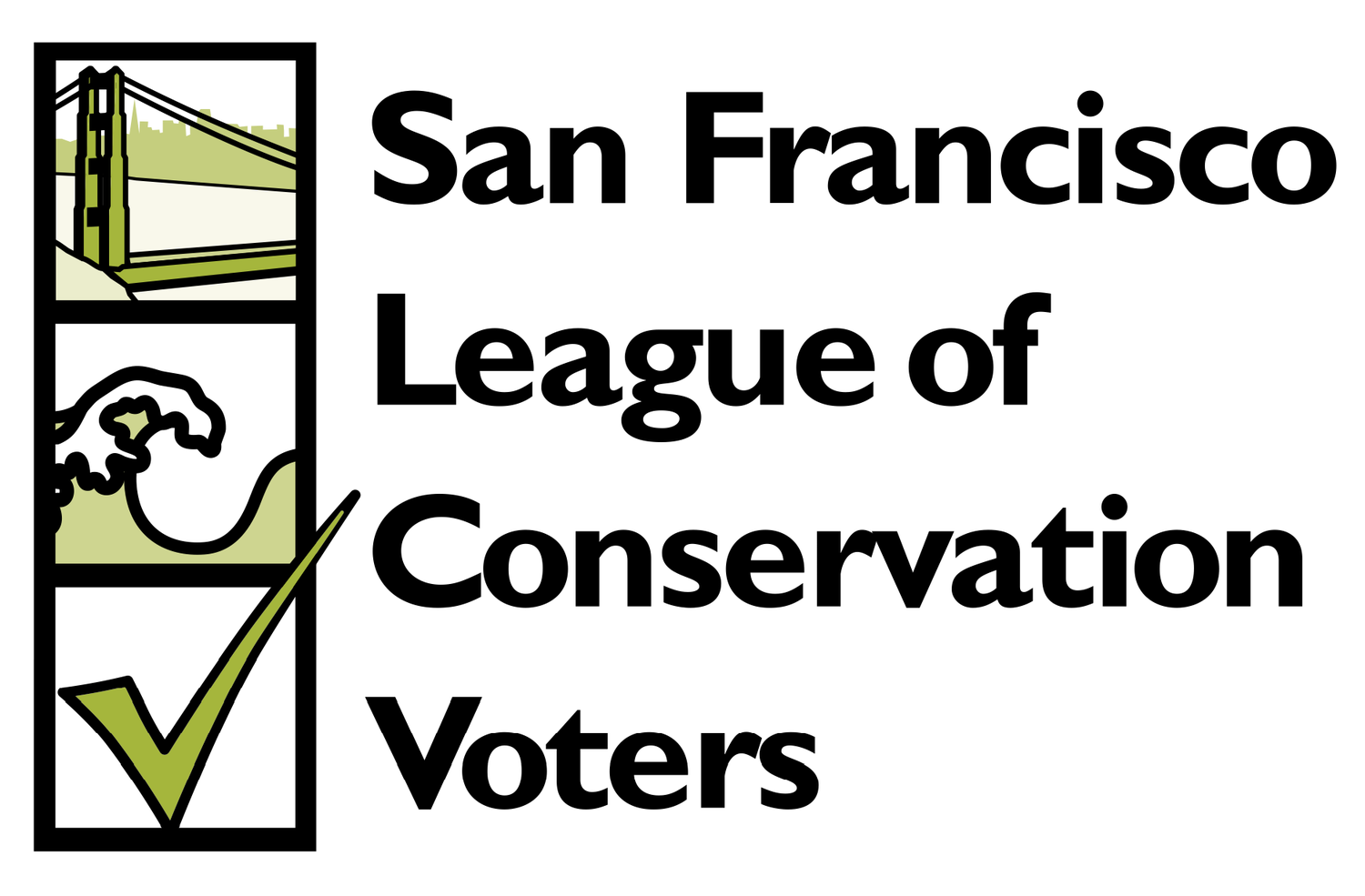November 2019: Vote Yes on Prop D to Fund Transit and Improved Bike/Ped Safety
/On November 5th, San Francisco voters will have an opportunity to place a tax on Uber and Lyft ride-share services in the city. Proposition D, if passed, would impose a 3.25% tax on rides carrying a single passenger and 1.5% tax on shared rides and rides in zero-emission vehicles. The tax could potentially bring between $30 million and $35 million annually to fund public transit and improved bike and pedestrian safety measures.
Approximately 50% of the revenue would go to San Francisco Municipal Transportation Agency (SFMTA) for more Muni buses, trains, drivers, and service for the disabled and elderly, while the other 50% would go to San Francisco County Transportation Authority (SFCTA) to improve bike and pedestrian safety.
This initiative was the result of extensive negotiations between Uber and Lyft and Supervisor Aaron Peskin and his office, and it requires a two-thirds vote to pass. It has been endorsed by the San Francisco Board of Supervisors, Mayor Breed, and transit, pedestrian, and bike advocates.
SFLCV is also endorsing Prop D because we feel it will help fund the City’s massive $22 billion capital needs. However, we also feel this measure has its limitations and is overselling its ability to mitigate traffic congestion in San Francisco. Currently, there are an estimated 5,700 to 6,500 Uber and Lyft vehicles on the streets of San Francisco. They are all regulated by the California Public Utilities Commission, which means the City has no say in how many ride-share vehicles operate on local roads. Without the authority to reduce these vehicles on local roads, congestion will likely remain the same or increase, potentially negating any of the transit and Vision Zero benefits generated by this proposition. It is also unclear whether this tax will be passed onto users, and if so, whether the marginal cost increase will have any effect on people’s decision to use ride share services.
Ultimately, even though this tax is unlikely to reduce the City’s major traffic issues, it will still help bring relief to the chronically unfunded transportation investments and help improve transit improvements and bike and pedestrian safety.


